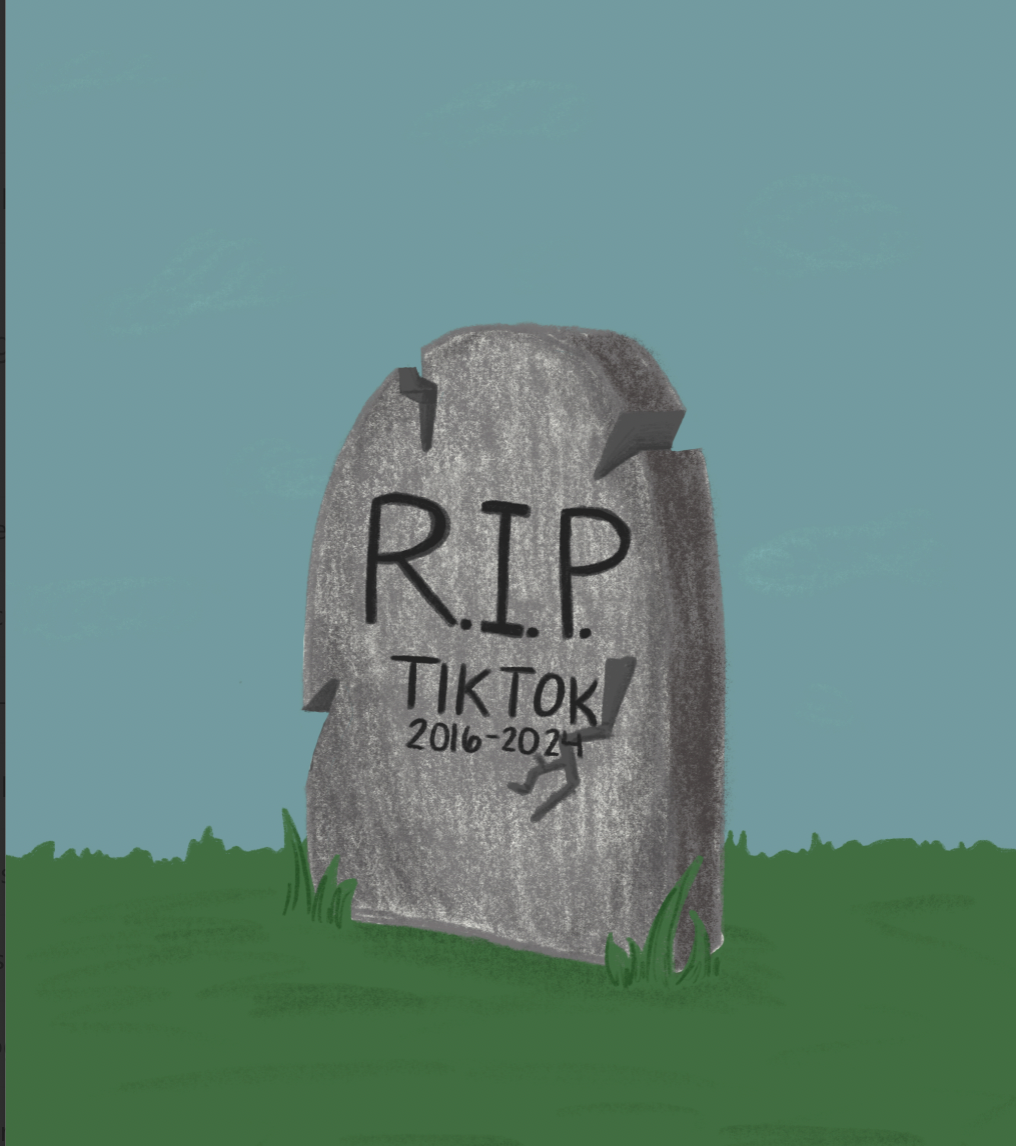Students say the current nature of demerits has its drawbacks
The Hill School employs a demerit system as its principal disciplinary enforcement mechanism. Demerits are issued when a student fails to meet their prescribed school responsibilities, such as dress code expectations, proper class attendance and general standards of respect. Students who exceed the form-specific demerit limit on numerous occasions can be subject to detention, restriction, suspension or a disciplinary hearing.
This is a system that many avoid entirely, with 180 in-person students this school year receiving no demerits. Of those who do interact with the system, both recipients and enforcers have mixed opinions about its effectiveness.
The Deans’ Office is quite clear about their view of the system — it is in place for minor mistakes, and its purpose is not the tyranny of discipline. “The school holds students to a high standard because we aspirationally believe that the society should hold people to high standards,” Dean of Students Ari Baum said.
He explained that the school believes in something bigger — demerits and discipline are not the school’s focus — and the rules in place are just the minimum expectation, the bar. Baum elaborated, “The same way that ‘thou shall not kill’ is not the highest bar of the society, we want our students to be engaged in the community beyond not getting demerits.”
One 5th former, who asked to remain anonymous, has received dozens of demerits each year, often reaching just below the maximum amount allowed before a detention is given. When asked why he gets so many demerits, the student said, “I get them not because I want them, but because the consequences aren’t too harsh, in my opinion.”
The student said that the system helps to a certain extent but is not perfect as students still view demerits as a “currency.” “I also get demerits sometimes because I think it is worth getting the demerit to get a breakfast sandwich from the Dining Hall on important days in which I need to properly function,” he said, explaining why he is willing to incur demerits for being late to class.
THN interviewed six boarding prefects, and each noted in one way or another that demerits are used as a “currency.” One of them, JuanBer Hinostroza ’21, shared his unique perspective as a prefect who supervises 5th and 6th form boys: “I don’t give demerits. When kids are doing something dumb, they know that it is wrong. You just have to talk to them to prevent future wrongdoings.”
Hinostroza still believes that the demerit has its merit: “It is still useful. It is like shock therapy, and it gets a quick reaction. But the role of a prefect or any student leader at the school is not disciplinary proctorship. We are a Family Boarding School, and a prefect is like a big brother or sister, who should lead by example. Of course, this doesn’t mean that sometimes you have to punch the little sibling for better understanding — and that is where demerits come in handy.”
Head Prefect Kiki Lange ‘21 expressed a sentiment similar to Hinostroza, noting, “I think demerits can be necessary for some students, but I believe mutual respect and an open conversation is a better way to get people to try to follow the rules.”
Despite the shortcomings of the demerit system, it remains a useful measure to ensure that Hill students uphold the school’s expectations and is “intended for mistakes and should not be used to avoid community commitments,” as the Student Handbook reads.




























